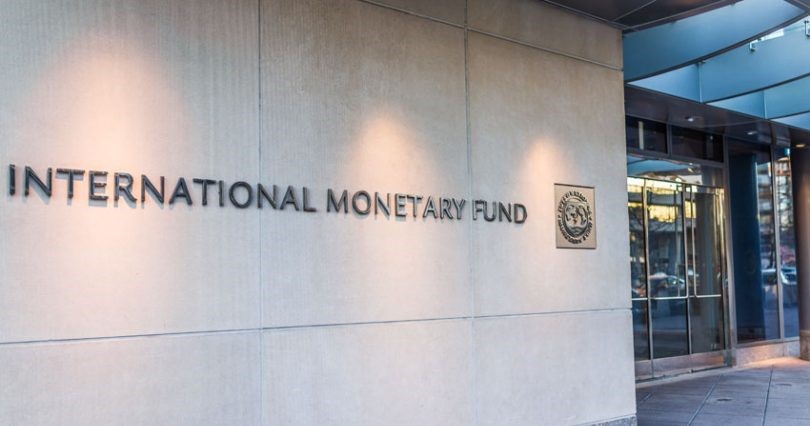
IMF: Accelerate Vaccination Across the World to End Corona Crisis. The economy cannot fully recover from the corona crisis until the pandemic is under control.
However, the difference in resources threatens to create a division between rich and poor countries, notes the International Monetary Fund (IMF). That is why the world must focus on vaccinations in all countries.
At least 40 percent of the population in every country must be vaccinated by the end of 2021, the IMF argues. By the middle of next year, this should be 60 percent everywhere, and at the same time, sufficient testing and virus outbreaks must be actively detected through source and contact research.
This requires 50 billion dollars, the think tank calculated. However, that expenditure could bring in $ 9 trillion if it returns the global economy to its old levels more quickly. According to the IMF, the potential economic gain is $ 1 trillion for rich countries, making it “possibly the highest-grossing public investment ever”.
That money should come from donors such as public organizations such as development banks and governments. With the money, Covax, which supplies vaccines to poor countries, should be able to order more vaccines so that the available production space is secured. Countries must also ensure free trade in raw materials and vaccines produced. The United Kingdom and the United States, in particular, have recently been accused of vaccine nationalism, but the European Union has also stopped the export of vaccines.
Furthermore, the IMF thinks countries will donate enough vaccines for 500 million people this year. They could even do so if they prioritize the vaccination of their own population.
The IMF wants to invest more in more production and research into vaccines that combat new variants. It can also prevent the need for repeat vaccinations to rebuild immunity.
Most of the money needed, about $ 30 billion, is needed to create testing capacity everywhere, purchase and distribute drugs to treat corona and prepare for large-scale vaccination campaigns, according to the think tank.
